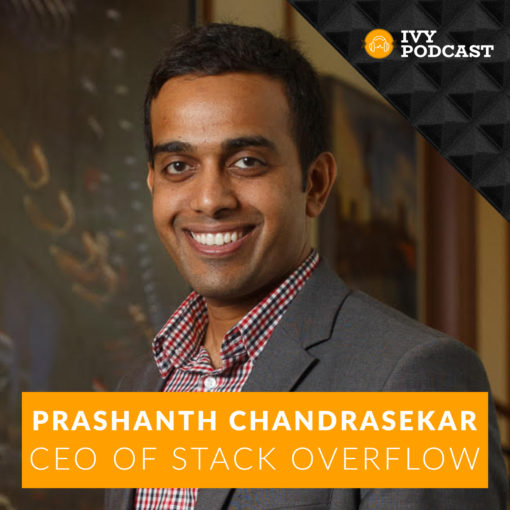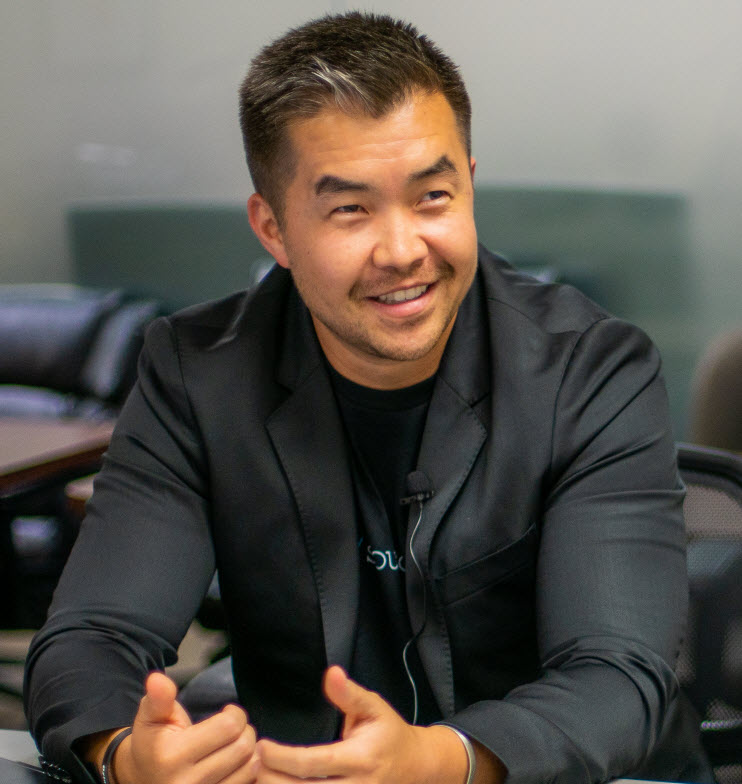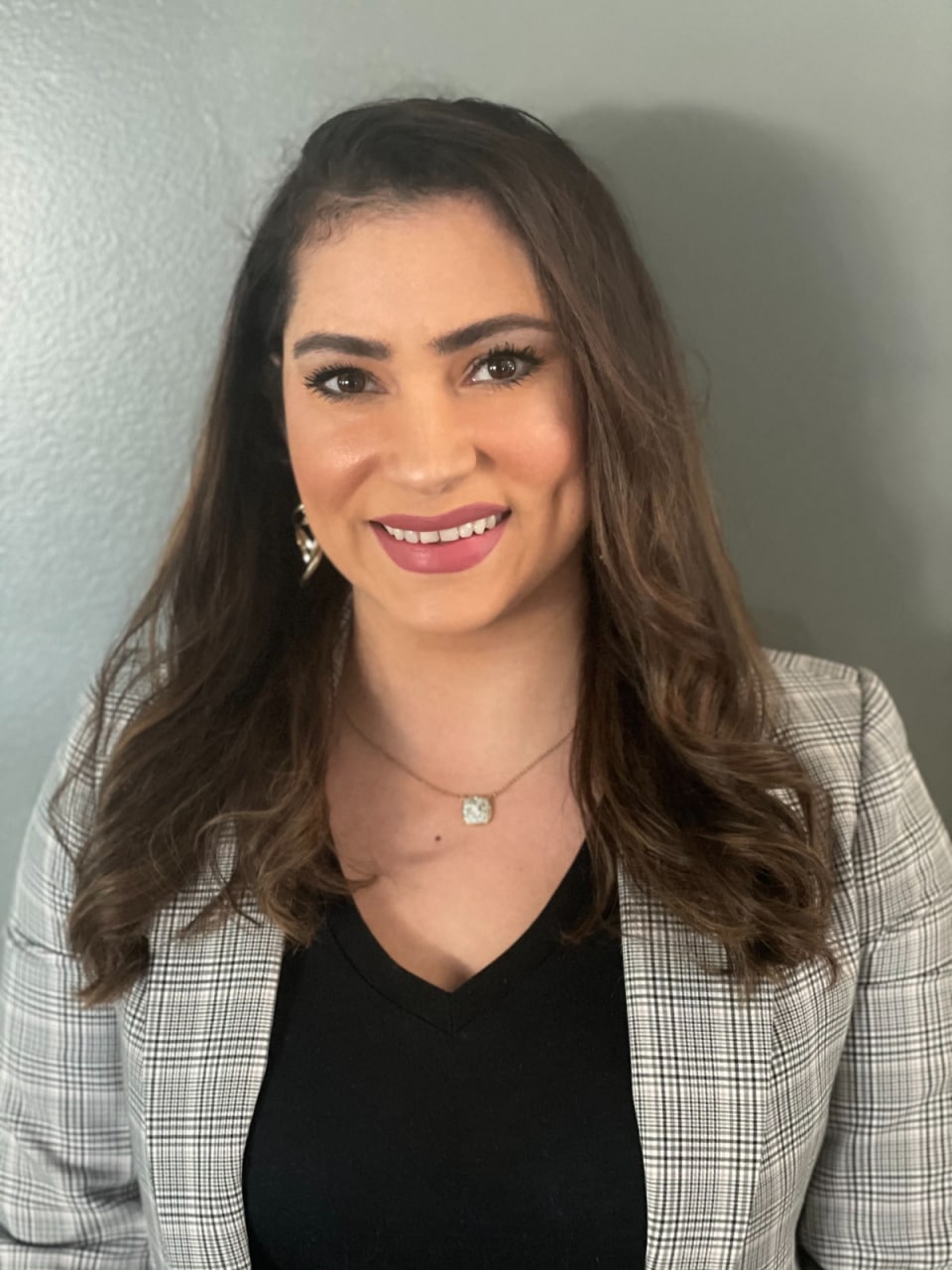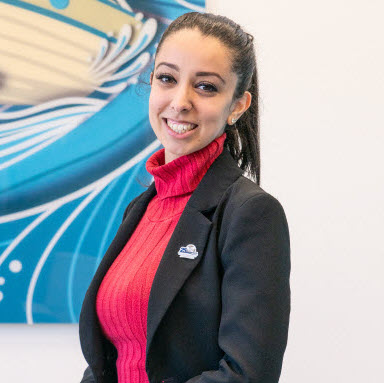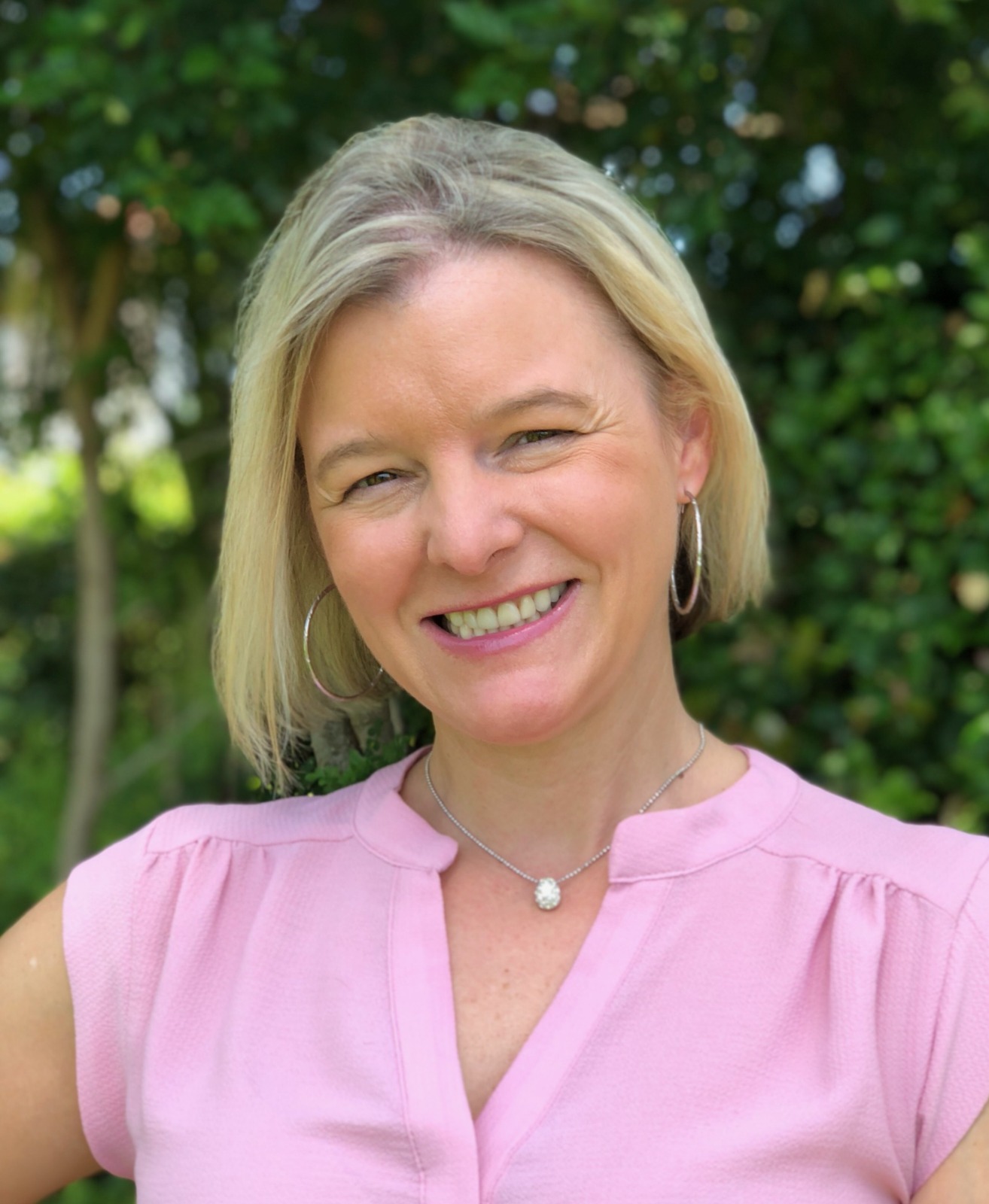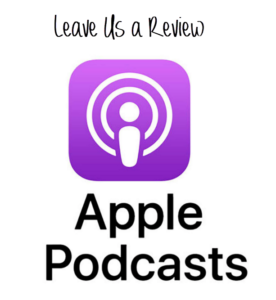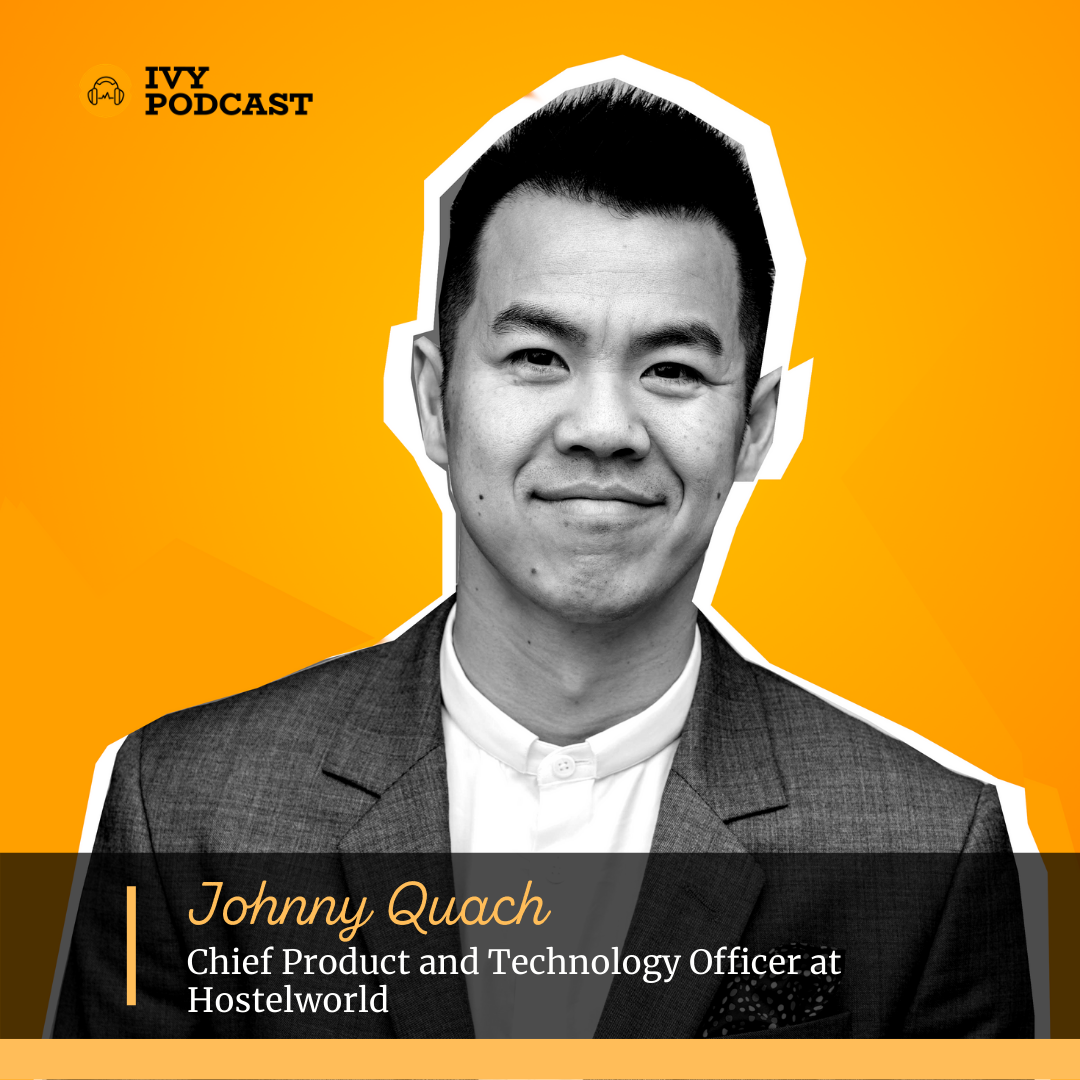
Johnny Quach is the CPTO at Hostelworld Group where he leads 120 people over a variety of functional areas. Previously, he was at Airhelp, a Y Combinator startup from 2014, where he helped scale the company from 400 to 800 people while creating over 400% growth over his 3 years there. He is passionate about making big impact — fast.
After only six months at Rocket Internet, he launched three companies from scratch, operating across Germany, Indonesia, Thailand, Singapore, Brazil, Malaysia, and the UK.
Fun Facts: He was a professional poker player for 2 years, his dance team won America’s Best Dance Crew Season 2, and he was a Master ranked Starcraft 2 player”.
Topics:
- The evolving role of product management
- Strategic recommendations on building a robust product vision
- Collaboration of Project Management and Product Management teams
Episode transcription:
Thank you for listening to Ivy podcast, where we feature weekly leadership conversations with thought leaders and industry experts. Now here's your host bread, OB arrow. [00:00:55]Fred Obiero: [00:00:55] Hello and welcome to the Ivy podcast. My guest today is Johnny Quach, he is the chief product officer at hussle world. Hey Johnny. Good to have you on [00:01:07] Johnny Quach: [00:01:07] Glad to be on, happy to be here. [00:01:09] Fred Obiero: [00:01:09] Johnny is sitting in Lisbon, Portugal. What's the time difference, Johnny? I'm on the East coast of Florida [00:01:16] Johnny Quach: [00:01:16] Right about now it's probably 2:30 PM. So I'm on the UK time zone. [00:01:22] Fred Obiero: [00:01:22] Oh, great. For all listeners that may be unfamiliar with Johnny, he has speaking events that he's had posted out on YouTube. So if you've got an opportunity, feel free to go and take a listen to him. I personally listen to a few of them and they are very interesting. I liked the one you talked about AI in the travel industry. So maybe that's a topic for a future podcast. [00:01:45] Johnny Quach: [00:01:45] Absolutely. I think in general technology is really changing the world. That's an obvious statement, but I think people don't realize how much of the world has already kind of run. And machine learning is really just one aspect, but there are so many other kinds of big innovations happening. And I think the thing with technology is when it innovates faster than its predecessors. So that rapid pace of changes it's just creating all kinds of opportunities in the world that some people are taking advantage of and others, and there's still many pockets of things to do, I think. [00:02:16] Fred Obiero: [00:02:16] Great. So Johnny, tell us about yourself and a little bit about your role at hustle world. [00:02:22] Johnny Quach: [00:02:22] Yeah. So I actually started my career as a videogame designer. I went to school for graphic design and concept art. So I mainly focused on actually producing drawings and illustrations and monsters and cars for video games.That was my kind of passion when I was a kid. So I worked in video games as an assistant kind of concept artist for about a year. So I didn't really find it to be super fitting to what I wanted to do. Long-term so I ended up actually starting a t-shirt company for about a year with a good friend. After about a year, we ended up hitting each other. And from there I actually took, which is very common for your first startup of any type, and after that I took the kind of designs that I had and I made a portfolio out of it. And I started working in fashion for about eight or nine years. And in fashion I worked for a bunch of skate surf companies Quicksilver, Roxy, rip, curl icon, all kinds of stuff. And just right at the end of 2007 or something like that I decided I wanted to do something a bit more independent. So then I started playing poker professionally because I thought that would give me the most financial freedom as well as freedom to live, where I am. But the funny thing about starting your own business or playing poker professionally, or being a consultant or a freelancer, is that you don't actually get that much time off. So all your free time goes back into growing your business or growing your skill set or whatever. During that time around 2007, that's when the iPhone came out and the world literally just changed in front of me. So we went from a world where people would think about tech companies as websites to a world where people started thinking about applications and apps as products. And during that time I took a few swings at building a big company, and I had a good friend who moved to Shanghai at the time. So we tried building multiple starts based on the Chinese audience at the time because we thought that was really interesting. And so we took a couple of swings at that. We didn't really get it right. But that's really where I got my start in thinking about product and product management. And at that time, that terminology was still not a common role. From there, I worked at a mobile ad agency where I worked on a wallet solution that was a competitor to Google Pay and Apple wallets. And after that I worked at a company called match.com as a product manager, and they're the owners of Tinder and OkCupid. So one of the biggest stating properties in the world. And shortly after that, I had a strange scenario where I just felt like, well, I've grown up all my life and I've worked on my life in Los Angeles.If I don't try living somewhere else at this point, I'll probably live here forever. So at that point I had a travel bug and there were some opportunities. And so I ended up moving to Berlin, Germany, where I worked for a company called Rocket Internet, and Rocking at the time and still is a very big presence in the tech community in Europe. But they're one of the biggest tech companies at the time, if not the biggest, and they were turning out new startups constantly. So I was there for two years, just building companies all across the world, really from Singapore to London, to Germany, to just all over the place. And that was really kind of high velocity two years of my first two years in Berlin, from there, I joined a company called Air Help, which is a YCombinator company from 2014. And I joined the company of around 400 people as a VP of product. And we brought it to about 800-850 people. And then I left as a chief product officer there. Shortly after that I joined the company Hostile World, which is where I am currently. And I currently lead as the chief product officer, as well as the chief technology officer, where I manage all the engineering, all the technology, product, design data data science, and just an array of different functions.And from here we're trying to build the future of travel for the millennial audience. [00:06:04] Fred Obiero: [00:06:04] That's the wonderful introduction. If you don't mind me asking, when you moved to Germany, did you speak any German? [00:06:10] Johnny Quach: [00:06:10] No. And my wife is German and I lived there for five and a half years. And still yet my German level is quite depressing. [00:06:20] Fred Obiero: [00:06:20] What about your Portuguese now that you're in Portugal? [00:06:21] Johnny Quach: [00:06:21] Oh, that's even more challenging to say, no Portuguese. We're just going to take a little while I think. Yeah, it's going to take quite a commitment for myself to really learn it. My wife's actively learning it right now, but hopefully one day I'll be able to speak German. That's the first step I think. [00:06:40] Fred Obiero: [00:06:40] Yeah,that's very impressive. Being multilingual is one of the things that is not easy, but we know once you accomplish it, that's when you understand that you can say the same thing and two or three different languages, it's not an easy thing to do. [00:06:54] Johnny Quach: [00:06:54] Yeah, I think someone said something to me when I first came to Germany, which is they're quite surprised why I didn't learn German and I was nonchalant about it. But I think the statement they made is that when you speak a different language, you really do learn to think a different way because vocabulary and the way we speak really drives our thinking of problems and things like that. And this statement. Really struck out with me and I believe there's a lot to think about there. And you can really relate that idea to really thinking about programming as a language, right? So typically engineers will think about problems in a certain way. A marketing person would think about something in another way. And just thinking about the different ways to think about the same thing. It's insane. So your language and your vocabulary does dictate your ability to adapt to different situations. [00:07:39] Fred Obiero: [00:07:39] That's good to know. So the question regarding products, so many companies are now adopting product management into their product development operations. What is the role of product management in your estimation and what are some of the best approaches to implementing it for companies that may be unfamiliar with the concept? [00:07:58] Johnny Quach: [00:07:58] Yeah. I think there's a lot of extra forces here that will kind of define my answer and bring a bit clarity to it. So at the highest level, I think product management is simply, put it just, you want to create an app, you want to find opportunities to create impact in a company. Opportunity is defined as expected impact divided by costs over time and impact is defined as moving a key metric that matters to your company. Sometimes that's revenue, sometimes it's user growth, sometimes that's retention, whatever. So you're always looking for opportunities to create impact. That is the main and top priority of a product manager in any role at any company. The forces at play though and one kind of movement you can clearly see in technology is that writing code and building products, creating features and building companies. It's just so much easier. And every single month, I think that trend only accelerates. So building an Airbnb, let's say product today. It's very possible within a few weeks. Right? So all these things make the development part of product management easier. Which begs the question that if you are saving time and resources on the engineering piece of the work, what should you be spending that additional time on? And so that is always about looking for opportunities to create additional impact. And because of this, one thing that I think a product manager should always be, is extremely flexible and adaptable to the scenario. And oftentimes we think of product managers owning a singular product for an infinite amount of time. But I think that world is not the case anymore. And if you look at any product manager, their career, typically they're changing products every year or even six months. And definitely two years. It's very rare to see one person work on one product for more than two years. And that's because our ability to context switch our ability to develop different features and use different technology is just accelerated. So it accelerates our need to be stagnant in the things we're thinking about day to day. [00:10:07] Fred Obiero: [00:10:07] Great. What strategic recommendations can you share with us on how to go about building a robust product vision that a company can follow so that their product vision aligns with the company's strategic visions? [00:10:20] Johnny Quach: [00:10:20] Yeah, I think the best way to do this is actually to think about. It is actually to think about all your functions in a company, HR, marketing, sales, product engineering, and you really want to align everyone on the company strategy. And that is critical because I think traditionally we've always run companies as a society as there's a company. And then there are different skill sets and those skill sets do their own functions. And then we contribute to the overall success of the company. But I think what you will see with more modern companies. Is that every single function exists for the same vision as the overall company. And so skillsets, departments and org structures become less important, which is why you see so much innovation in Oregon, organizational structures in general, there are companies with no or design which is the extreme case. And there are some that have an org structure that changes every year, every six months. And clearly you can see that the most innovative companies constantly reviewed these things. So I think to build a concrete product strategy, number one, you need to build a compelling company strategy and all functions don't think about contribution to that strategy, but they think about themselves as that strategy. And as that vision. And I think that is the key way to prevent any kind of siloed thinking. It'll also just prevent a lot of content strong contention, discussions of is a good for the product. Is it good for the business? You need to kind of align those things at the very beginning, at the very impetus of your company, because that just makes decision making so much faster, which then creates a higher velocity in output as an entire organization. [00:12:06] Fred Obiero: [00:12:06] You said something quite interesting there, that some organizations tend to change their reporting structure every six months or every year. Is this something that has shown value to the product management industry in your opinion? [00:12:22] Johnny Quach: [00:12:22] Yes. I think there is a growing trend that it feels like if you have a strong individual product manager, that person can solve a huge variety of different problems.That person can go into a problem space and deduce a solution, even if the problem and the solution is not technical or engineering or even technology. And I think that's interesting because if you think about every function from HR to finance, everything is getting productized and every function has a ton of products to use, which is interesting. Even customer service, there's 1,000,001 customer chat applications as an option. So when you have all of these things as technologies that enable higher productivity in your functions, the general idea comes up as well. You probably want someone who understands how these products work and how you can leverage them to the best of your ability. And so what product managers, I think a very strong product manager has the ability to context, which, but really identify problems at a first principle level and come up with solutions that are high velocity and low effort. And so highly high leverage outcomes. And so I think product managers and you'll see this now you'll see titles of product manager PPC, which is a pay performance thing. You'll see product managers for HR tools. You'll see product managers for internal tools. You see product managers for internal finance tools. So the list goes on which just shows you that the title of a product manager is so versatile in a wide topic that you can really, really apply to almost any single thing in a company. So longer term as technology gets better and faster and more people are able to use it. I think more roles inside of a company would just become a product manager type role, which becomes a general manager, just with an idea of how to kind of problem solve. [00:14:20] Fred Obiero: [00:14:20] When doing a product roadmap review, how do you ensure that there are no upstream or downstream disconnects across the company? Because this tends to happen a lot, especially when you have those siloed kinds of organizations where this department is doing something one way, but they're not sharing that information with the other department. How do you prevent that in the product management world? [00:14:42] Johnny Quach: [00:14:42] Yeah, I think there's a kind of holistic way to think about this problem. And there are some tech tactical slash technical ones. So the very first kind of high-level pieces that simply like, as I mentioned earlier, companies think of their company as different departments and this already sets that imaginary silo that you can think of. It just, it already exists from the day you think about departments. I'm not saying don't have departments, don't have reporting lines, but the very fact that people lean on that as such a main and key thing, that's a problem. So what you'll see is many companies, including all the ones I've worked at, you start trying to create cross-functional working teams with departmental reporting lines. So you have the reporting lines to maintain a career path training guidance standards, but the actual day to day work. Is cross-functional you have data scientists working with engineers, working with product managers, working with designers, working with a UX person, working with a copywriter, working with a brand person. And that is the most modern kind of org structure I've seen, which seems to exist in some of the coolest companies in the world. So that's kind of at the holistic level, you have to get your company so familiar with the concept of cross-functionality and don't even worry about the department piece of the company. That's the first step, the second piece, which is a bit more tactical and it's a bit silly to say, but there are still many companies that use Excel files, Word docs to manage all this stuff. I mean, the first thing you want to do is put all this crap into the Cloud. Does this have a shared place, physically to have all your crap? That actually solves a huge part of the problem. And I know it seems silly to some people, especially startups or like 5-10 people, but at bigger companies, it's actually really hard to mobilize this kind of data and this way of working into the cloud and start thinking about everything as a shared doc. And once you get to that point, everything becomes physically easier to manage. [00:16:40] Fred Obiero: [00:16:40] Great customer feedback is vital to any part of a business. Let alone in product and collecting data has now become a coalition of companies that aim to adapt with changing conditions as they relate to their customers. How can product teams ensure that they are incorporating customer feedback data so that they can make well-informed decisions? And for this question, I was thinking more like from an AI perspective, if that's something that's applicable [00:17:06] Johnny Quach: [00:17:06] So yeah, I think you always have to be very careful when asking customers questions about their experiences. I think it's an amazing barometer to understand directionally if your company is doing the right thing, But I think it can be very dangerous to use this as a Wade, a way to define features. What I like to think about it is when I think about user interviews and just UX research in general is that there are, it is one layer of a multi-layer process to define true problems, which have true solutions. So you might start with data analysis of your user analytics and you're going okay, well, people are going from this step to that step. But they're leaving on step three. So you're like, okay, what is the reason you probably wouldn't know, just looking at a bunch of data. So when you didn't do it, you would spin up the same group, go through a UX kind of interview, get that user feedback, generate that. And then from that learning, you go back to data analytics and you try to see where the commonalities lie. And so the ways to think about as you stack the data analytics piece, the user survey, please. And then you look at the landscape. So this is the competitor analysis. When you stack those three on top of each other, what you see is some commonalities that come from that, which then help you define a more high probability roadmap of success. And so I think that's kind of the way it should be used now, in terms of AI, what to think. I think it's not special in the sense that it is anything unique. It is just like any other feature or functionality. So you want to think of it as a tool to solve a problem. But the hardest thing in a business is actually to identify the problems, but the solutions are often actually easy if you truly understand the real problem. So I spend most of my time defining the right problem statement and very little time actually defining the solution because there's more than enough ideas and solutions out there. [00:19:00] [00:19:00] Fred Obiero: [00:19:00] What type of qualitative and quantitative data should product teams focus on collecting to achieve this kind of desired outcome. [00:19:09] Johnny Quach: [00:19:09] Yeah, I think traditionally what product teams might think about is a funnel. And that funnel is from when a person lands on site to when a person makes a purchase or some kind of key interaction. And they look at all the steps, their product team should still look at that. But I think what has changed now is that part of teams need to look at not just the beginning, the end, but the expanded edges. So even before a user gets to your site, a product manager should really understand how they got to that site and why. So that could be understanding paid performance marketing that could be paid, understanding CRM or SEO or whatever these other functions that feel external, but a product managers should see and understand the experience the user goes through in those steps before they even get into the quote unquote funnel. And what happens after you make an acquisition product managers need to understand. How do you take that acquisition piece and that conversion at the end? And how do you turn that back into a loop that powers the initial channels. That is the way companies should really think about these things. You move away from the funnel and you move more into a loop thinking, and that is powerful because you will stop thinking about the user as it's a user that I care about only if they touch this page. And what you start thinking about is the whole journey. And when you do that, the insights and the ideas and the impactful things that you could do become much more obvious. [00:20:31] Fred Obiero: [00:20:31] I have a question that deals with something that many startups usually face and it relates to differentiation. What strategic insights can you recommend on how product teams on startups can go about achieving differentiation that will separate their product from the existing ones from the competition? [00:20:49] Johnny Quach: [00:20:49] So with any feature, any product or any company, it always starts with the same statement, which is what is the problem you're trying to solve. So if you take two companies doing the exact same thing. So let's just say there's two companies selling shoes. Let's not even talk about tech companies stumbled just normal companies. So think about two companies to sell shoes, and let's say they both sell athletic shoes on paper. Everything is the same, except for one thing, the brand, right? So the first step is, yeah, you can differentiate your company by creating a brand. And even in tech companies, lots of tech companies survive because their brand is stronger than other tech companies. Right now, the problem with brands is that they're so expensive. It's so expensive and so hard to measure over time, but people know it works, but it is technically very hard to measure and very hard to measure investment. So then when you start thinking about it as well, If you have two shoe companies, one neither one is solving every single problem that anybody who ever wears an athletic shoe would have. So then when you see, as once your company might go, well, we're going to build a better shoe just for people who play basketball or just for people who play ping pong, or just for people who play badminton. And what you'll see is that when you start focusing on a niche group, there has a big problem that the other players or ignoring then when you do is you create these new categories. So that's very kind of like spinning up new audiences. However, what you could also do is still focused on the same audience. So let's assume these, both these shoe companies are basketball shoe companies. Well, if one company said, well, why don't we optimize the experience for really, really, really tall basketball players? And we don't accommodate shorter players. And then, what you start doing is you start thinking about all the problems that a person who's really tall wearing an athletic shoe, what kind of problems they experience. And you can kind of apply this to any tech company. So think about food delivery. Because there's so many players out there. Well, the first thing food companies did was go, okay, well, what other things can we deliver? So then you get groceries, you get drinks. Now you can get ice cream delivered. You can get tea delivered now. So, you start expanding all this stuff out. And what you see is no one solves all the problems in the world, because there are so many and every problem can become a company. Every problem can become a feature and every problem can become a successful business, but it always starts with problems. [00:23:15] Fred Obiero: [00:23:15] I'd like to know when you are hiring for your teams, do you tend to get creative with the interview questioning or what exactly do you look for in the people that you interview for it? Or for working in your teams? [00:23:26] Johnny Quach: [00:23:26] I think it's definitely true for product managers, but it's probably true for any person I hire. What I'm always looking for is I'm looking for someone who I'm not typically looking for a traditional product manager. What I'm looking for is an entrepreneur with some product management skills, because I think product management in the traditional sense is actually something that you can teach that people can learn is a technical skill. There's a process, but a mindset. And being relentlessly resourceful is very hard to train. That is experience that is fought, process, that's attitude, that's upbringing, that's network. That's so many things that are hard to build. And mindset is harder to build in physical technical skills. Right? So I typically tried to find the right cultural fit as the main thing I'm looking for. And then the actual product management experience. I'm a little less specific. So that is the key when I'm hiring any role, some way I kind of like to get into the mind of how someone thinks about being resourceful is I typically have all my product manager candidates and pretty much everybody tick a business case test. And my business cases are very simple. I gave them an imaginary company and I asked them to tell me how they would grow it by X percent in one year. And that's the entire case. And what I like to see is I like to see people who really think outside the box, they really think about all the ways they can grow a company, all the things they should try to do. And what you see as still they'll kind of apply their own level of prioritization. And most importantly, they applied their own level of creativity to it. As a really tangible example, the business case I give is you run a company that does delivery for desserts in Cape town and I pick a random city and I've had so many applicants fill this business case out. And some of the most creative answers I've ever heard is that someone came back with a report that said, you don't need to build this company. You don't need to do anything because the average income in Cape town is increasing by X percent every year. So by nature, your business will grow. Now. That was an amazing business.That's an amazing answer to the problem because that's the kind of thing I like people to think about is beyond the product and the features in the UI. They need to think about the business and the environment. So, of course, guys have come up with great growth strategies and super cool features and all this kind of stuff. But it's the guys that think very wide that really understand how to get this stuff done. [00:25:56] Fred Obiero: [00:25:56] It's very impressive. Now, is this something that you normally ask during the interview, like before the interview starts or is that like something that they just provide to you when they come for the interview? [00:26:05] Johnny Quach: [00:26:05] So the kind of first piece of the interview is just a quick introductory call with myself. So I'd just like to get to know a person in a very casual way. I'd like to know how they think about their data, where they work. But typically a business case like that it's the second interview. And typically you're given a week to kind of fill it out and go through your presentation, all that stuff. And then we do a kind of group panel interview where we ask questions about the thinking and the mindset. [00:26:29] Fred Obiero: [00:26:29] I really liked that. That's something that I think a lot of companies can adapt to. I come from a project management background and I'm curious to know how can product or how can project management and product management teams collaborate together within a given project or product development.What's the most efficient way for this type of collaboration to be successful in your opinion. [00:26:51] Johnny Quach: [00:26:51] Yeah, I think there's a mini kind of framework out there to talk about this classic partnership. I like to think about it in a bit more pragmatic way. It's that the role itself, the two roles, product management, project management serve kind of two functions. So the product manager does a lot of project management, but himself is not project management in entire wide real estate. So the way I think about it is. Within the kind of technology and product and UX kind of function, the product manager, project management, all of that. But the project manager is the one who really assists and brings in all the external pieces that need to happen. Right? So sometimes there's an involvement from legal or finance or sales and the project management piece of it plays a big part in making sure those things are driven at the same pace as the development. I think, in a fast moving younger company, what you typically have is the product manager will do all of it. And I think that's an unexpected thing for myself as well. However, when you're talking about mobilizing a 300 person project, you're probably going to need project managers to help coordinate all that. So I think there's a bit about scale here, and it just depends on how many people you need to coordinate. And the wider that gets. The less one product manager can be scalable. So I think it's really, you adapt the skill sets to the actual scale of the problem. [00:28:16] Fred Obiero: [00:28:16] Last question. And this is one of my favorite questions that I ask all my guests. What has helped you to get to where you are and what advice would you give to someone that wants to pursue a career that's identical to yours? [00:28:29] Johnny Quach: [00:28:29] I think that the thing that's helped me the most is, and I don't know where this comes from, but I think always being extremely optimistic about everything really helps in life. And if I think about 2020 as a great example, literally one of the worst years that I've ever been alive, I can't really think of a worst one to be honest and all agree on that. But yet, I look back at it and I can only see the kind of great things that have happened for me personally and for life and just in general. And so I think staying extremely optimistic. And aggressive about optimism is very powerful. And I think within a project, in a company when you're working on something, even if your contribution is small to a project, but your optimism for it is high that really shows through. And that makes it so that you are just much more enjoyable per person to work with. It's really that simple. So showing optimism and motivation to really do something well, this is infectious. So not only do you increase the likelihood of people wanting to continue to work with you, it also increases the likelihood that people work with you productively. And what you'll see is that the relationships that you build at an individual contributor level are the relationships that move you further in your career later. So I always spend a lot of time staying optimistic. I spend a lot of time making sure other people feel optimistic, but most importantly, I'm always trying to help people. And I never think about the payback. I give people feedback on the resumes every single week. Anyone who sends it to me, any stranger I'll review it. Anybody who wants to help interview better. I do that. And because I've always done this as a principal for the last like seven years. The majority of the positions I've been offered or people contact me from, they come from referrals of people who are working as product managers in those company.And that's not because I'm amazing at product management. I just think it's because I prefer to have this guy in the company, working with me. Going for any problem that we might foresee. So I think you always want to just be giving back as much as you can, to anybody you ever meet. You always want to be open for conversations, open for coffees, open for zoom calls. You just need to be available and all that stuff. We'll pay back a hundred X in your life. [00:30:53] Fred Obiero: [00:30:53] Always important to give back. Johnny, it's been a pleasure having you on thanks a lot for taking the time to be with us. Cannot wait to catch up with you in the near future. [00:31:04] Johnny Quach: [00:31:04] Absolutely, pleasure.
Welcome to Ivy Podcast! On this Executive Leadership Podcast we interview top executives from Fortune 500 with a focus on strategy, innovation, negotiation and everything about leadership.
Our Podcast for Executives features Thought Leaders who share practical insights for effective leadership, continuous innovation and strategy execution.
Ivy Podcast is a rapidly growing Executive Podcast, which covers topics like Hiring and Retention Strategies, Talent Acquisition, Innovation, Digital Transformation and much more.
On this Leadership Podcast, you will find conversations with the most accomplished executives from Fortune 100 companies. We aim to cover a broad range of industries and create a learning platform for the most ambitious and high potential professionals who are looking to learn from the most accomplished Executives on this Business Leadership Podcast.






